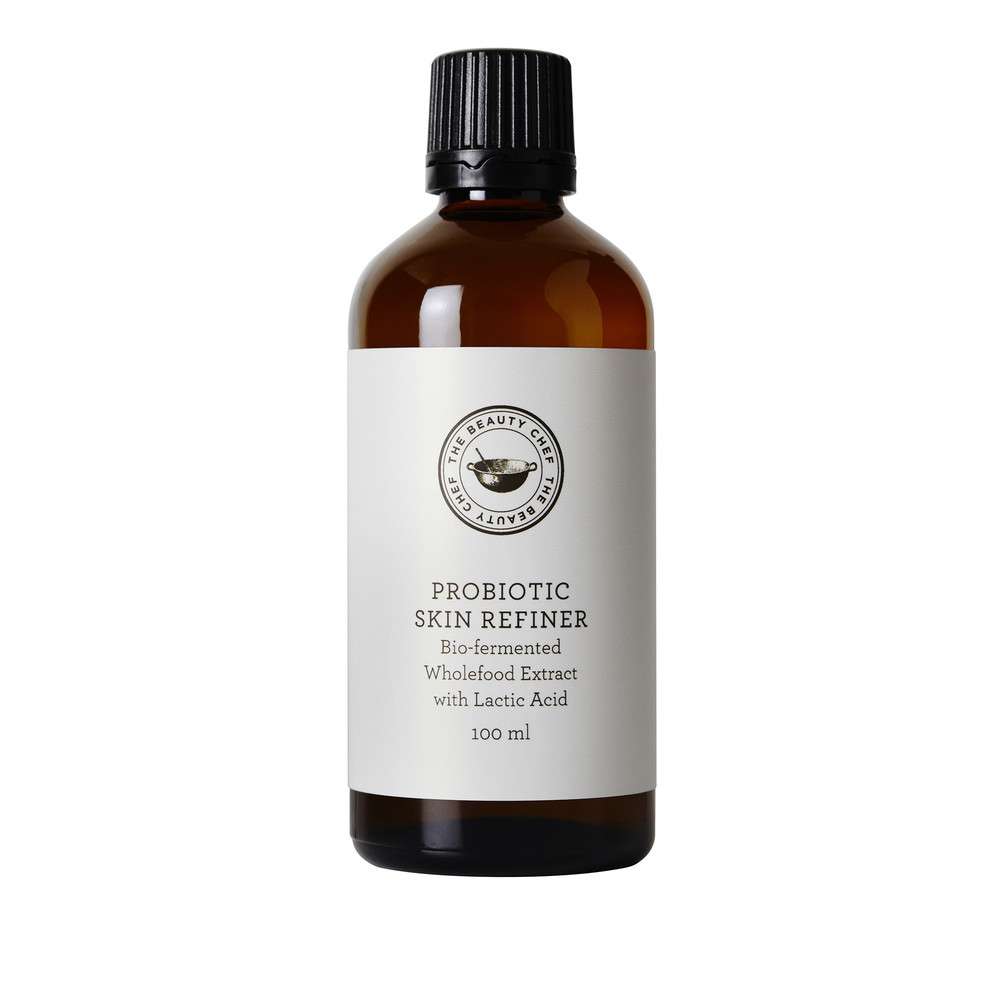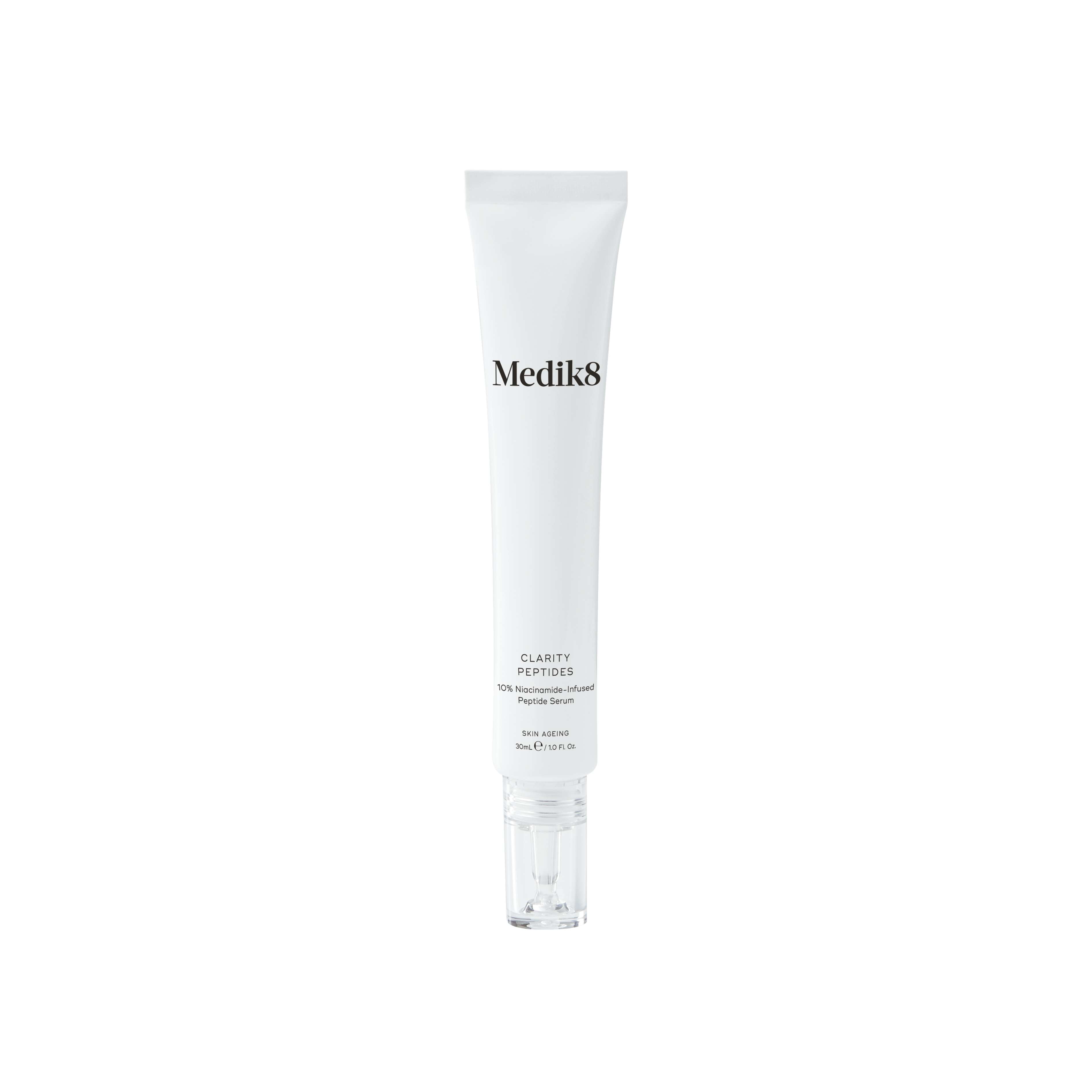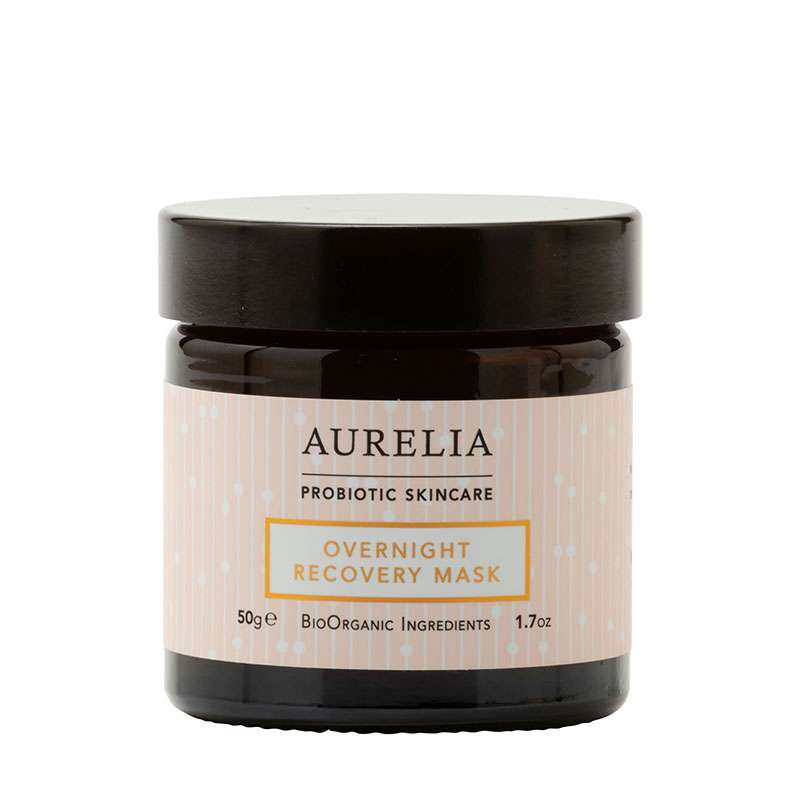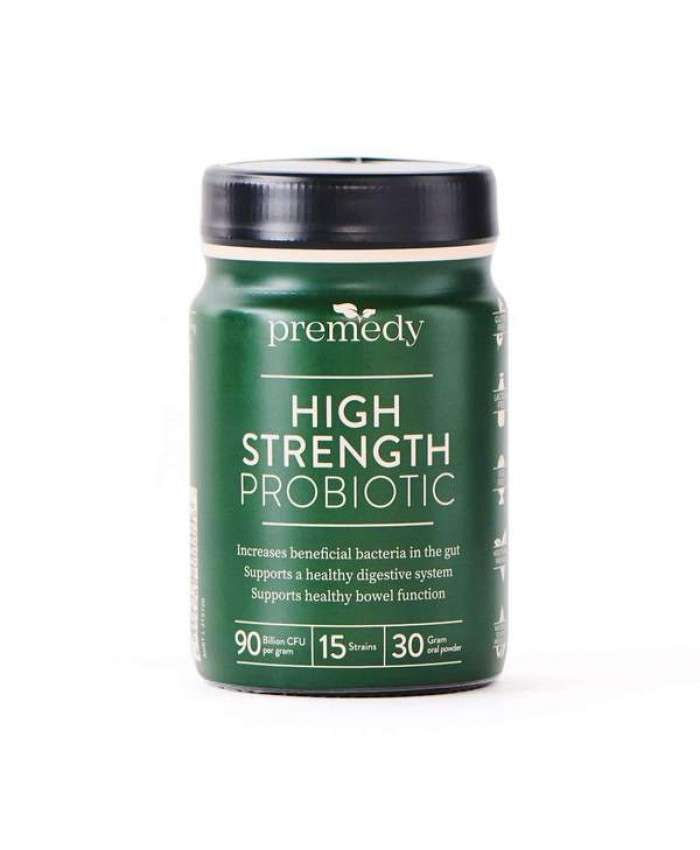First, it was bacterias and gut, now bacterias and skincare are up in the loop so we wanted to bring you a summary of everything you need to know on Microbiome.
You’ll also like this:
The Best Skin-Care Products Infused With Probiotics
How Can Naturopathy Effortlessly Treat Any Skin Concerns
The Wellness Guide 2020 for Beauty Enthusiasts
What’s your Skin Microbiome?
The skin biome is the ecosystem of microorganisms that live on the skin. Jasmina Aganovic, president of Mother Dirt.
The skin microbiome is explained as a whole community of organisms that live on the skin, it can contain a blend of the following: fungi, viruses, and mites. It works to protect the skin and keep the skin barrier functioning.
Why a Healthy Skin Microbiome is so important?
“When the microbiome is not in equilibrium, things like acne, atopic dermatitis, skin inflammation, and irritation can occur,” says board-certified dermatologist and celebrity skin expert Dr. Anna Guanche. “If there is predominantly good bacteria (non-pathogenic), then this is when our skin is best. It’s all about balance and protecting the microbiome.”
So what can we do to protect our skin microbiome?
Eat clean, high-fiber foods—they’re full of prebiotics.
Prebiotics: Generally plant-derived (mostly fibers, such as beets and asparagus, beans, oats, garlic, dandelion, and dried fruit, and especially nuts) that human beings are unable to digest.
Consume probiotic-rich foods every day.
Probiotics: Through the natural process of fermentation, probiotic bacteria produce acid compounds such as lactic acid that lowers the skin pH. The acid pH prevents the growth of the most harmful bacteria. Although the good effect for the skin of probiotic bacteria is documented, living ferments are generally unstable in cosmetic formulas.
A tailored bacteria skin care regimen? It almost sounds chic, right?

Probiotic Skin Refiner, The Beauty Chef

Clarity Peptides, Medik8

Overnight Recovery Mask, Aurelia, Probiotic Skincare

High Strength Probiotic, Premedy
You’ll also like this:
Why We Love: Elle Macpherson’s Wellbeing Supplement WelleCo
What Is The Best Food for Gut Health And 5 Top Tips From Nutrition Expert, Recipes, and More…
Are You Ageing Faster? Your Gut Might Be the Key! And Kirsten Scott Shares With CF Why
General FAQS
Where is the microbiome?
Most of the microbes in your intestines are found in a “pocket” of your large intestine called the cecum, and they are referred to as the gut microbiome. Although many different types of microbes live inside you, bacteria are the most studied.
Do probiotics help the microbiome?
Probiotics may restore the composition of the gut microbiome and introduce beneficial functions to gut microbial communities, resulting in amelioration or prevention of gut inflammation and other intestinal or systemic disease phenotypes.
What foods are good for the microbiome?
Fermented foods such as kimchi, sauerkraut, kefir, and Greek yogurt naturally contain higher levels of healing probiotic bacteria than supplements, making these great options for a microbiome-friendly diet







g here
June 20, 2020 5:40 amHeya i’m for the primary time here. I came across this board and I to find It
truly helpful & it helped me out much. I’m hoping to present something
again and help others such as you helped me.
have g
June 21, 2020 2:41 pmI have to thank you for the efforts you’ve put
in writing this site. I’m hoping to view the same high-grade blog posts by you in the future as
well. In truth, your creative writing abilities has inspired me
to get my own, personal website now 😉